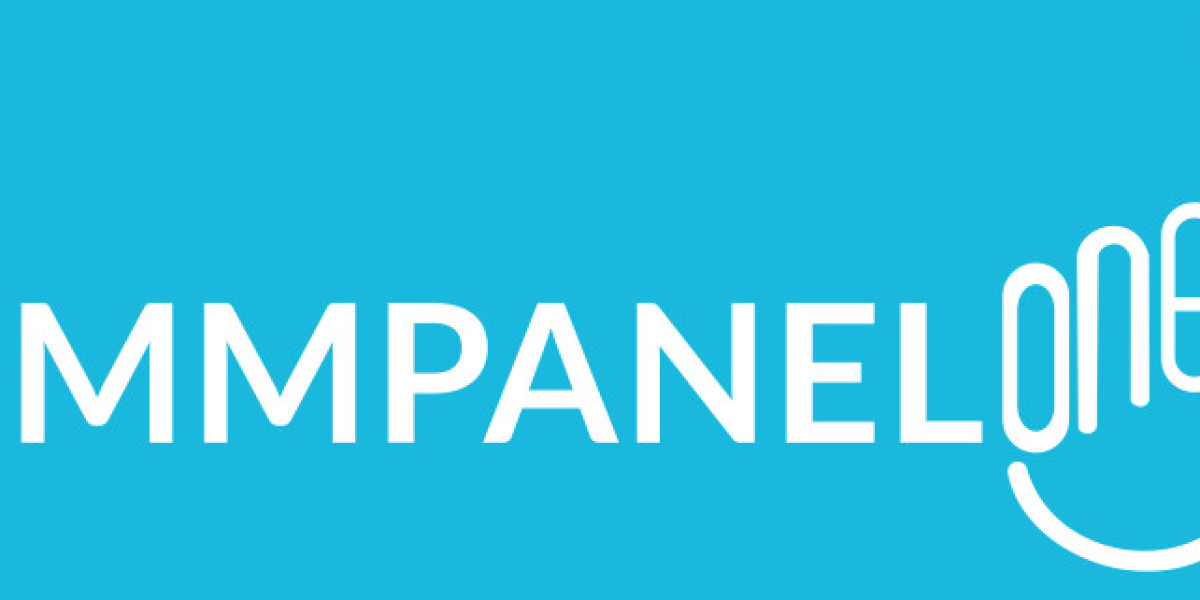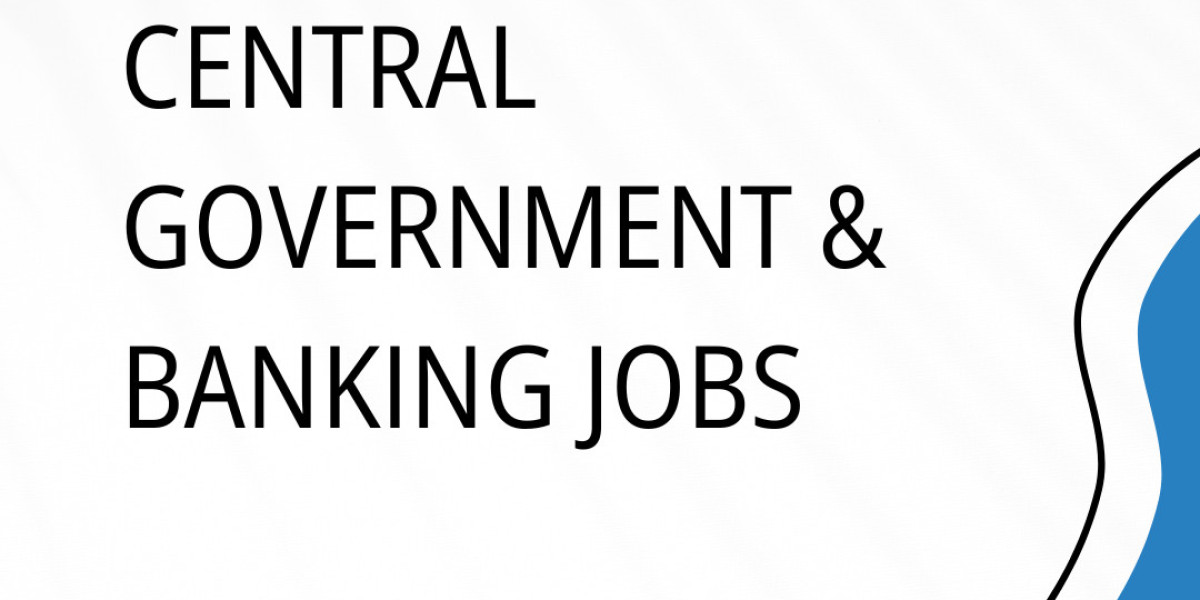Introduction
The Association of Chartered Certified Accountants (ACCA) is a globally recognized qualification that provides aspiring accountants with the skills and knowledge required to excel in the finance and accounting industry. Many students and professionals seek this certification to enhance their career prospects, especially in a competitive job market like Ireland. This article outlines the process of obtaining ACCA certification, covering eligibility, registration, exams, and career opportunities.
Eligibility and Registration
Before embarking on the journey to become ACCA certified, candidates must ensure they meet the eligibility criteria. ACCA has flexible entry requirements, allowing individuals from various educational backgrounds to apply. The standard entry route requires candidates to have at least three GCSEs and two A-levels, including subjects like Mathematics and English. However, graduates with relevant degrees in accounting, business, or finance may be eligible for exemptions from certain ACCA exams.
The registration process is straightforward. Candidates can apply online through the ACCA official website. The application involves providing academic transcripts, proof of identity, and paying the necessary registration fees. Once registered, candidates gain access to the ACCA student portal, where they can manage their progress and exam schedules.
ACCA Exam Structure
The ACCA qualification consists of three levels: Applied Knowledge, Applied Skills, and Strategic Professional. Each level builds on the previous one, covering a range of topics essential for accounting and finance professionals.
Applied Knowledge: This level introduces the fundamentals of accounting and finance, including subjects such as Financial Accounting, Management Accounting, and Business & Technology.
Applied Skills: Candidates delve deeper into core accounting principles, covering areas like Taxation, Audit and Assurance, Performance Management, and Financial Reporting.
Strategic Professional: The final stage focuses on advanced financial management and strategic business leadership. Candidates must complete essential exams like Strategic Business Leader and Strategic Business Reporting, along with two optional subjects based on their career goals.
Each exam requires thorough preparation, and ACCA offers a range of study materials, online resources, and approved learning partners to assist candidates.
Study Options and Support
Many students opt for professional tuition providers to enhance their learning experience. In cities like Dublin, multiple institutions offer ACCA courses, blending online and in-person classes. These programs provide structured learning, expert guidance, and exam-focused preparation, increasing the chances of success.
Self-study is another option for candidates who prefer flexibility. ACCA provides study resources, including past exam papers, webinars, and interactive sessions. Additionally, joining study groups and engaging with the ACCA student community can be beneficial for motivation and knowledge sharing.
Work Experience Requirement
To obtain full ACCA membership, candidates must complete the Practical Experience Requirement (PER). This involves gaining at least 36 months of relevant work experience in finance, accounting, or audit roles. The experience must be supervised by a qualified professional and recorded in the ACCA portal.
Many employers in Ireland, particularly in financial hubs like Dublin, offer traineeships and internships for ACCA students. These opportunities help candidates apply theoretical knowledge in real-world scenarios and develop essential skills such as problem-solving, ethical judgment, and financial analysis.
Career Opportunities After ACCA Certification
Earning the ACCA qualification opens doors to various career opportunities across multiple industries. ACCA members are highly sought after by multinational corporations, financial institutions, and consulting firms. Some common career paths include:
Financial Accountant
Management Accountant
Auditor
Tax Consultant
Financial Analyst
Chief Financial Officer (CFO)
With Ireland being a thriving financial hub, particularly in Dublin, ACCA professionals can find excellent job prospects. Employers value ACCA certification for its emphasis on technical expertise, ethical standards, and global recognition.
Conclusion
Obtaining an ACCA certification in Ireland is a rewarding journey that requires dedication, hard work, and strategic planning. From meeting eligibility requirements and registering for exams to gaining practical experience and securing a job, each step plays a crucial role in achieving professional success. Whether pursuing a career in corporate finance, audit, taxation, or consulting, ACCA certification equips individuals with the skills needed to thrive in the competitive financial sector. By following a structured approach and leveraging available resources, candidates can maximize their chances of success and build a fulfilling career in accounting and finance.








